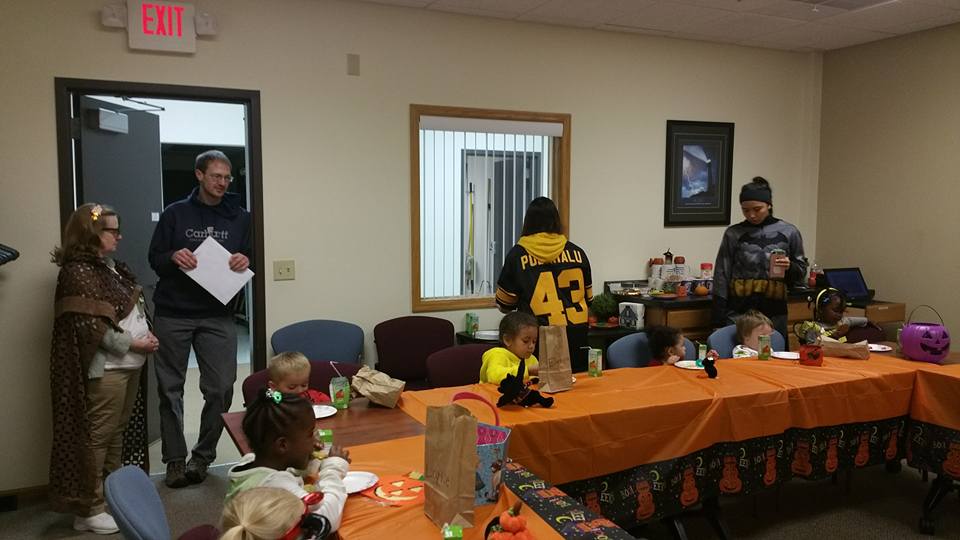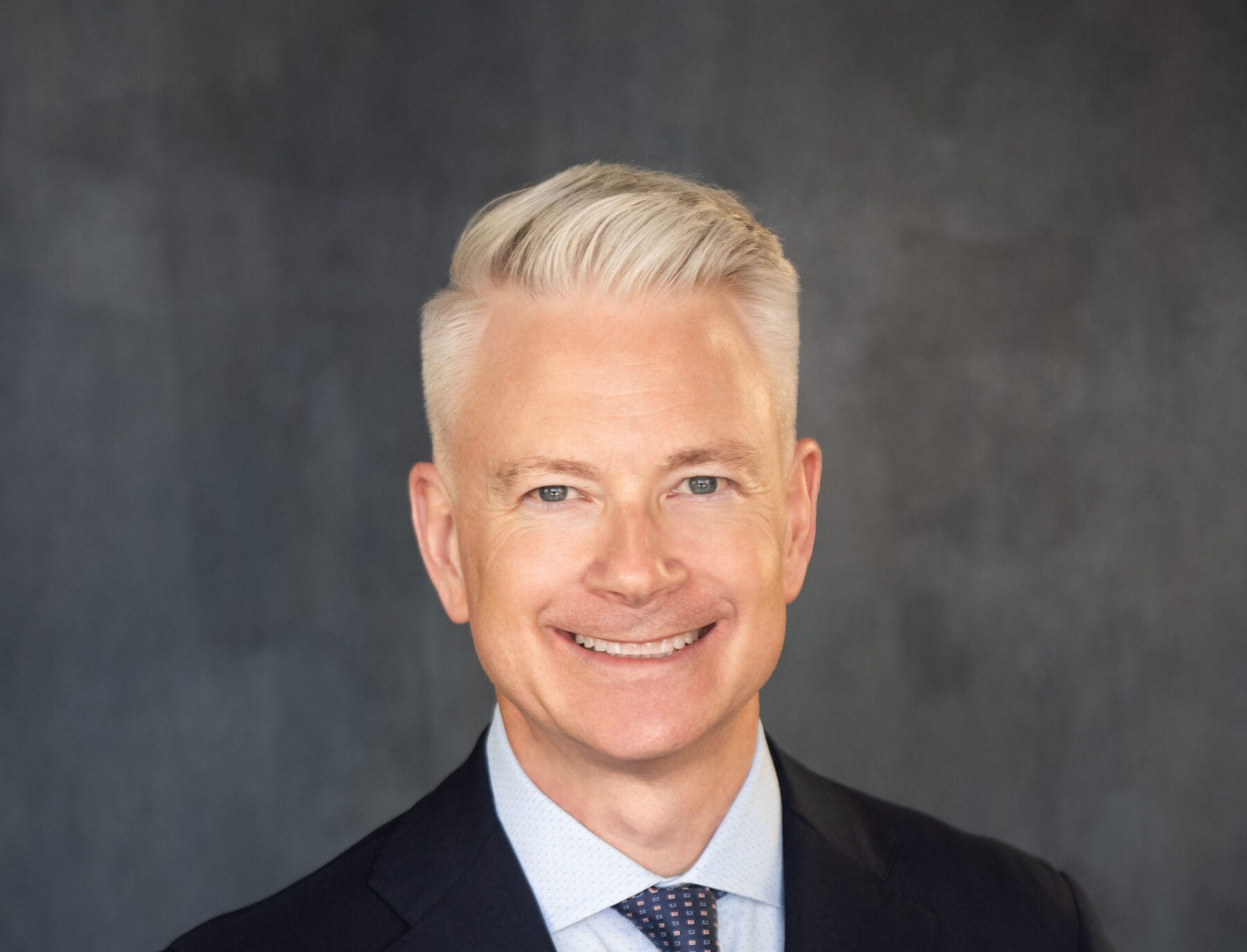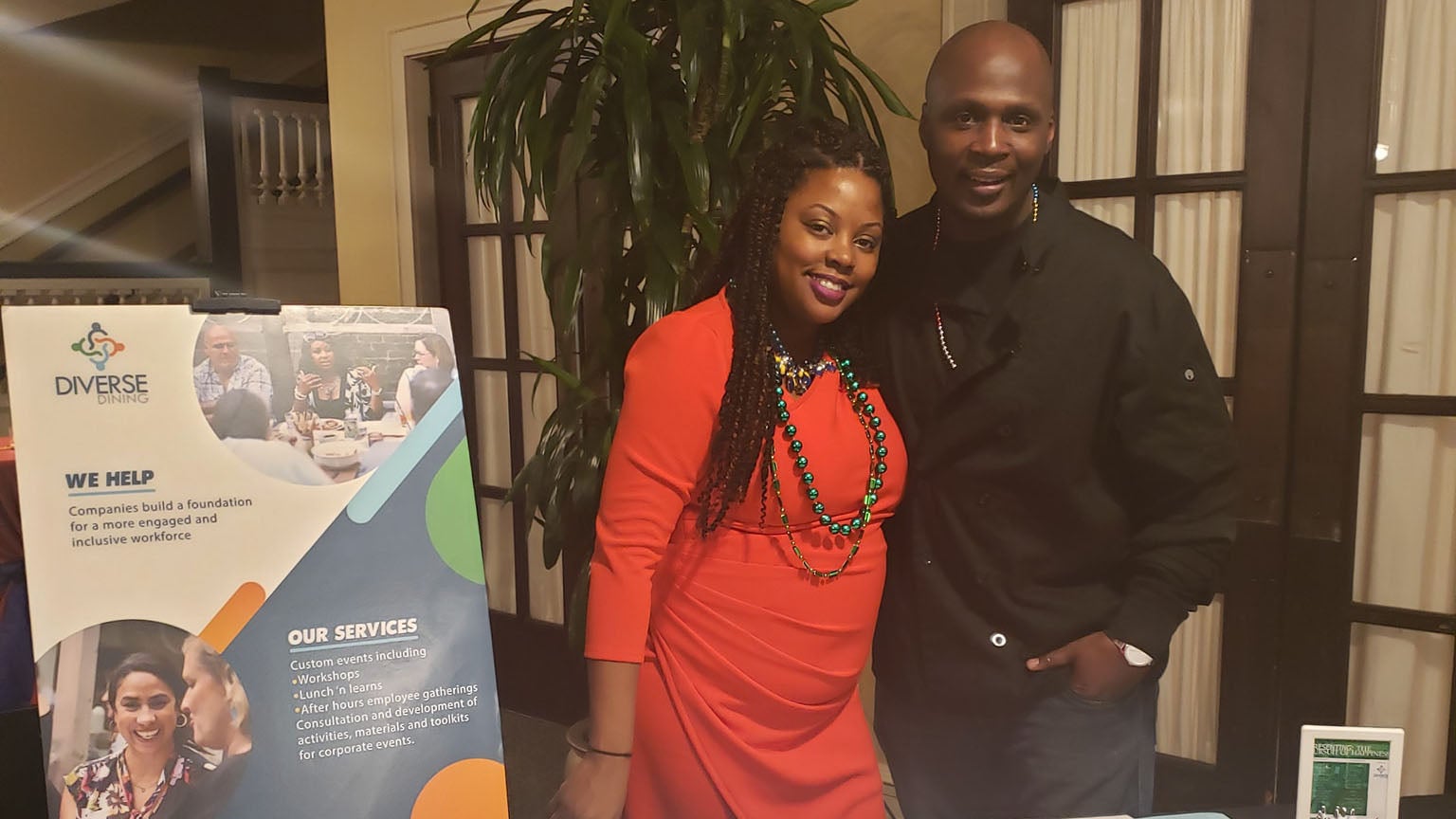In her role as executive director of the Platteville Business Incubator, Kate Koziol said she learned there are no mistakes in the entrepreneurial world.
“There’s just ideas that didn’t execute well,” Koziol says. “And you can retool it or refine it. You can always learn from something.”
But, she added, rural entrepreneurs may sometimes feel more isolated than peers in urban areas. So to help connect them, Koziol created the Driftless Makers Podcast, which features interviews with startup and business owners around the region.
News with a little more humanity
WPR’s “Wisconsin Today” newsletter keeps you connected to the state you love without feeling overwhelmed. No paywall. No agenda. No corporate filter.
“We’ve had entrepreneurs in the region come to our networking events thanking us for producing the podcast, because they don’t feel alone. And this is a rural answer to their entrepreneurial question. It’s not something that happened in a distant place. It happened right next door or right down the road. So they feel very connected and part of that Driftless Makers’ circle.”
During a recent appearance on Wisconsin Public Radio’s “The Morning Show,” Koziol discussed the challenges and opportunities for economic development in rural areas like the Driftless Area.
The following has been edited for clarity and brevity.
Kate Archer Kent: What are the biggest challenges facing entrepreneurs trying to start a business in your area?
Kate Koziol: A challenge that faces entrepreneurs, no matter where they’re starting, is that they’re usually very good at two or three things, but it really takes 10 or 12 areas of expertise to be successful. So that’s what the Platteville Business Incubator does. We kind of round out those skills so that no matter what line of work you’re in, you’ve got a well-honed machine that is able to (help businesses) continue to develop and grow.
KAK: Sometimes we may have this image that a startup is going to suck the life out of that entrepreneur and that they will be working 24/7. Are there aspects of that that are true or not?
KK: You’ve got to put some parameters around it. I ran my own business for 17 years, and oftentimes I did carry an idea with me throughout the evening and back with me first thing in the morning as you try to figure out the best plan. But, to lead a healthy work-life balance, you do need to put up some rails so that you can step away and oftentimes you’ll come up with solutions when you’re not working. … You need to free up your time.
KAK: We’ve been talking about workforce shortages on “The Morning Show,” the lack of child care and the lack of workforce housing. Are those things that entrepreneurs struggle with?
KK: An entrepreneur may start with two employees or 10 or 15, which is easier in some cases to find that quantity of employees as opposed to, say, 300 that you might need to run a larger operation.
The nice thing about the Platteville Business Incubator is that we have our own onsite day care that’s run by an entrepreneur. So if you’re coming to the incubator, which is just one venue that you could start your business, we do have onsite child care.
Housing is a challenge. But the Driftless is much less expensive than some of the urban areas. You can afford housing, and we’re looking at ways to build new housing and make sure that we have housing that people really want. Not everybody needs a four-bedroom, five-acre lot. We’re rethinking zoning and everything else that surrounds housing.
KAK: Walk us through the incubator and what the spaces are like, what the offerings are like to these new businesses.
KK: At the Platteville Business Incubator, we have small offices. If you need to have a professional space or a space where maybe your cat isn’t walking across your keyboard, that can start as low as $30 a month.
Let’s say you have manufacturing, which is not as easy to do on your dining room table or even in your garage. Many people sort of grow their hobby or their side hustle into something more robust. We host spaces for rent all the way up to 10,000-square-foot manufacturing spaces.
The building is one aspect, but it’s really the mentoring and the coaching and the community that make the difference. In addition to the Driftless Makers Podcast, we also have mash-ups, which allow entrepreneurs to have interesting collisions of ideas and be able to share and say, ‘Hey, I’m struggling with this. Are you good with that?’ And so, it’s a building, but more importantly, it’s a community and the mentoring that goes on in the building.
KAK: How have you addressed funding and access to capital for startups?
KK: There are several programs that we run locally. One is the revolving loan programs. That’s our opportunity to gap fund any businesses, and we’ve got $1.8 million in that.
In addition to that, we work closely with IDEA Hub, which is our local accelerator, and they are constantly looking at investors and making connections. In fact, coming up on Dec. 13, they’re going to do an in-person program called “Fund Your Side Hustle.” That’ll connect bankers and revolving loan funds and other interested parties.
There’s always going to be money for good ideas, but we’ve got to, again, make that connection. If the entrepreneurs are great at their work but not great at seeking funding, we’ve got to figure out a way to make that happen.
Wisconsin Public Radio, © Copyright 2026, Board of Regents of the University of Wisconsin System and Wisconsin Educational Communications Board.





